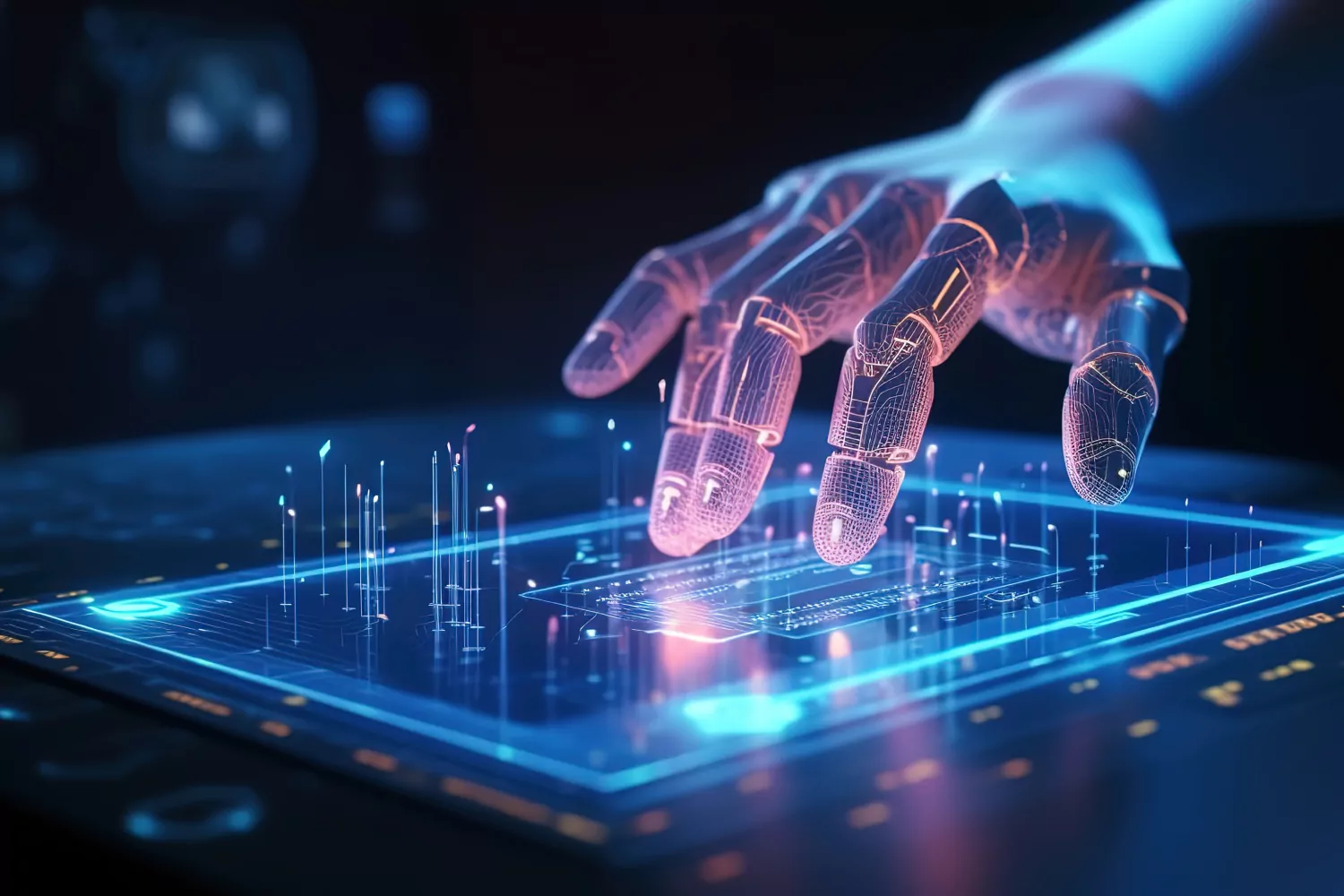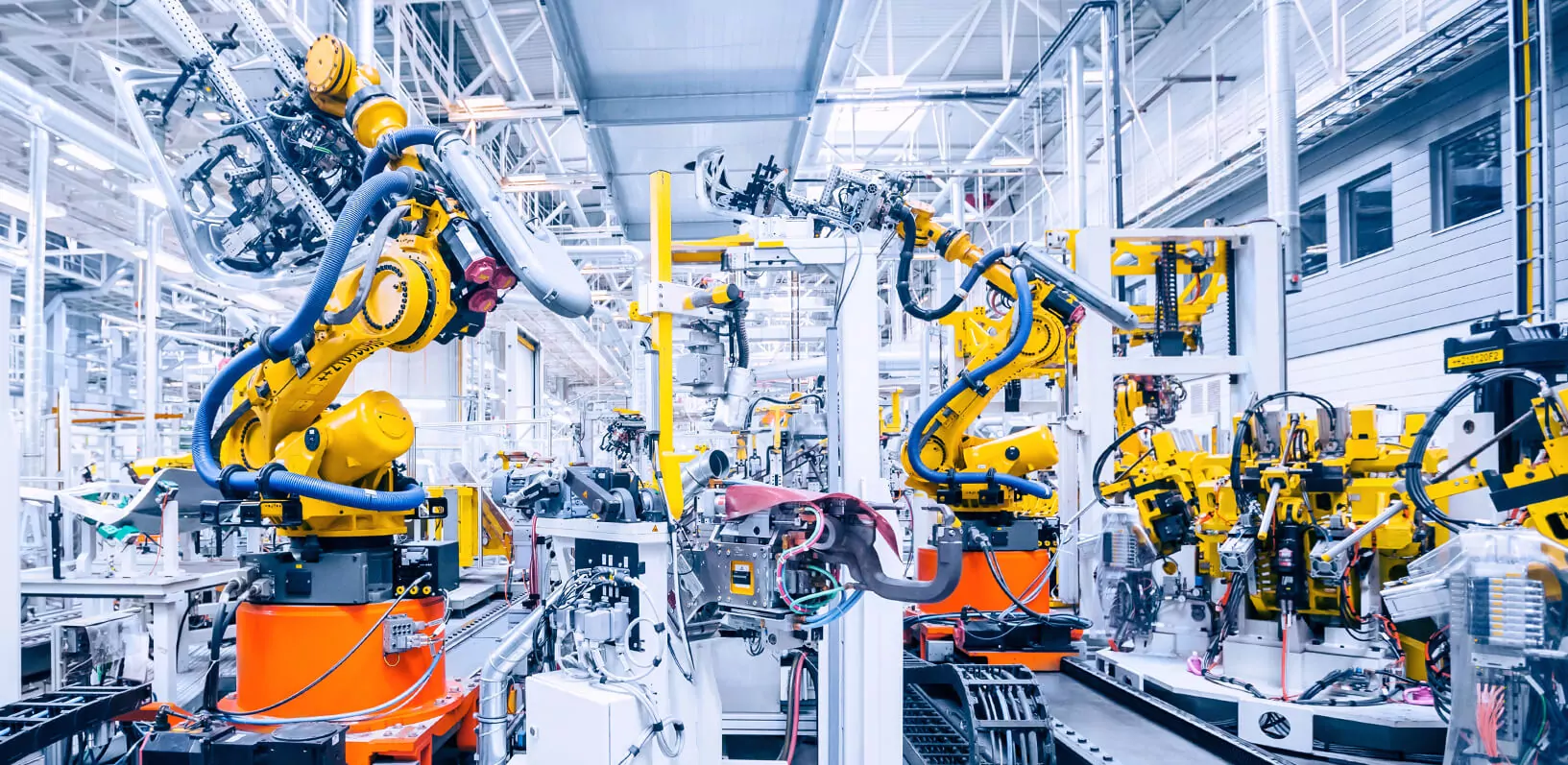I can’t stress enough how often the discussion around machine learning vs AI comes up. However, the truth is that we should prioritize understanding their similarities and the correct usage of these terms. Why? When to employ each phrase and how to do so accurately? You will find all the answers in the article, so keep reading!
Artificial intelligence vs machine learning
Artificial intelligence and machine learning belong to the same realm of computer science. The main difference between machine learning and AI is that AI is generally a collection of algorithms/methods that aim to mimic human intelligence, and machine learning is a specific subset of AI that does so based on data.
AI encompasses a broader range of capabilities, such as reasoning, problem-solving, and decision-making. At the same time, machine learning is a specific approach within AI that deals with the design and training of algorithms to make predictions or take actions based on data.
AI vs machine learning: the definition
Speaking straightforwardly, there is little value in comparing these two terms, as they can often describe the same methods or techniques. My advice is simple: when you’re unsure whether something falls under machine learning, opt for the broader term “artificial intelligence.”
Let’s take a brief look at the simplest definitions of these two terms:
- Artificial intelligence (AI) involves using algorithms that simulate, even if only partially, intelligent or human-like behavior.
- Machine learning (ML) refers to using statistical methods and algorithms that enable computers to autonomously learn from data they collect. Machines effectively “create” their algorithms by uncovering patterns within real-world data. It means we don’t need to explicitly instruct them on how to solve problems; they achieve this by gathering and categorizing data.

AI vs ML: Untangling the differences
As previously mentioned, artificial intelligence (AI) and machine learning (ML) are closely intertwined yet distinct concepts in the realm of computer science and data analysis. Here, we outline the significant distinctions between AI and ML, and understanding these disparities will guide you in determining which concept to employ:
Difference #1: Scope
- Artificial Intelligence is a broader field that encompasses the simulation of human intelligence in computers. It includes a wide range of techniques, not limited to just machine learning. AI aims to create systems that can perform tasks requiring human intelligence, such as understanding natural language, recognizing patterns, solving problems, and making decisions.
- Machine Learning is a subset of AI. It focuses specifically on developing algorithms and models that enable computers to learn and make predictions or decisions based on data without being explicitly programmed. ML is a part of AI that deals with pattern recognition and statistical analysis.
Difference #2: Learning approach
- AI systems can be rule-based and may not necessarily rely on learning from data. They can include expert systems, knowledge bases, and heuristics.
- ML is all about learning from data. It requires labeled data for supervised learning, unlabeled data for unsupervised learning, and rewards or penalties for reinforcement learning. ML algorithms improve their performance over time by analyzing and adapting to new data.
Difference #3: Training data
- AI systems don’t require training data as they depend on explicit instructions. If a system does need it, it’s likely to be ML-based.
- ML systems rely heavily on data for training and improving their performance. The quality and quantity of training data are critical for the accuracy and effectiveness of ML models in making predictions and decisions on new, unseen data.
However, regarding the last point, it is also possible to create synthetic data to train ML models. We delve into this extensively in the following articles:
- Part 1: Artificial Data Generation With Generative Adversarial Networks (GANs)
- Part 2: Artificial Data Generation With Generative Adversarial Networks (GANs) – CycleGAN.
The bottom line
In summary, artificial intelligence is a broader field focused on creating systems that mimic human intelligence. At the same time, machine learning is a subfield of AI that deals explicitly with training machines to learn from data. Machine learning is one of the key techniques used in artificial intelligence, but it is not the only approach within the vast realm of AI.
The critical point to remember when comparing machine learning vs artificial intelligence is that AI systems may not always depend significantly on data, whereas ML is data-centric, relying heavily on high-quality training data for precise predictions of new data.
Keep in mind that we’re here to help you navigate the complexities of computer science through our AI consulting services. Feel free to reach out to us anytime!





